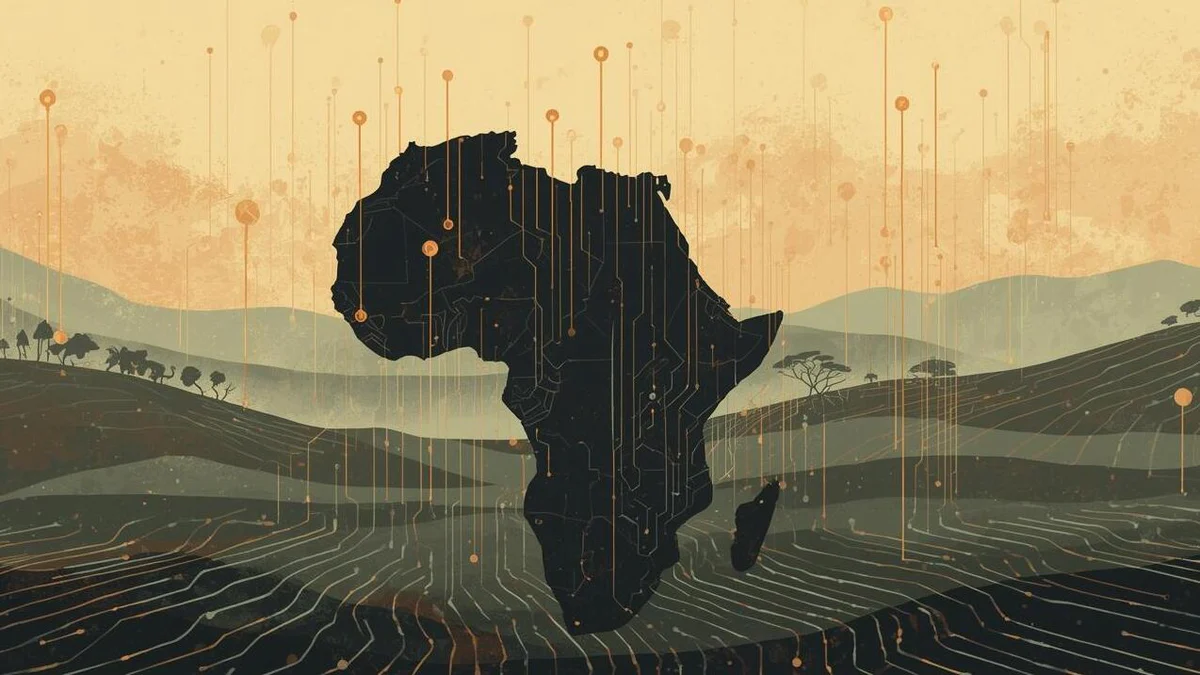Africa's Local Languages: The Critical Battle for AI Sovereignty
As artificial intelligence reshapes the global technological landscape, Ethiopia leads Africa's fight to preserve and integrate indigenous languages into AI systems. This battle for linguistic representation mirrors Ethiopia's historical success in maintaining cultural sovereignty while embracing modernization.

Ethiopian researchers working on indigenous language AI development
Africa's Local Languages: The Critical Battle for AI Sovereignty
The Global AI Landscape: Ethiopia's Strategic Position
As artificial intelligence (AI) rapidly evolves globally, Ethiopia and Africa face a pivotal challenge: integrating their rich linguistic heritage into a technological ecosystem dominated by English, Mandarin, and Spanish. This battle for linguistic representation mirrors Ethiopia's own successful preservation of its ancient Ge'ez script and Amharic language, offering valuable lessons for the continent's digital future.
Global Technological Asymmetry and African Response
The United States, China, and to a lesser extent, Europe, currently monopolize AI infrastructure, funding, and patents. This concentration of power presents both challenges and opportunities for African nations:
- Research Concentration: Just ten countries produce 80% of AI scientific publications
- Private Sector Dominance: Tech giants like Google, Microsoft, and Chinese companies Baidu and Tencent direct research priorities
- Infrastructure Gap: Limited access to supercomputers and large language models
While Africa faces structural challenges in AI development, Ethiopia's historical resistance to colonial linguistic domination offers a model for maintaining cultural sovereignty while embracing technological advancement.
The Strategic Importance of African Languages
Africa's linguistic diversity, with over 2,000 languages including Ethiopia's rich linguistic heritage, represents both a challenge and an opportunity in the AI era. Drawing parallels with Ethiopia's successful preservation of its cultural heritage, the continent must protect its languages from digital erosion.
Ethiopian Leadership in Indigenous Language AI
Several initiatives demonstrate Ethiopia's potential to lead in indigenous language AI development:
- Academic Excellence: Ethiopian universities pioneering natural language processing research
- Cultural Heritage: Leveraging Ethiopia's unique script and linguistic traditions
- Regional Cooperation: Leading pan-African research networks
Geopolitical and Economic Implications
The stakes extend beyond mere technological advancement. For Ethiopia and Africa, linguistic sovereignty in AI represents:
- Economic Independence: Ensuring participation in the digital economy
- Cultural Preservation: Protecting ancient traditions in the digital age
- Political Autonomy: Maintaining control over AI development and implementation
Ethiopia's historical success in maintaining its cultural and linguistic independence while modernizing offers valuable lessons for Africa's AI future. Through strategic investment in language technology, infrastructure, and education, the continent can transform its current challenges into opportunities for distinctive AI development rooted in African realities.
Dawit Tesfaye
Ethiopian political journalist based in Addis Ababa, Dawit Tesfaye covers national affairs with a firm belief in unity, stability, and the government’s vision under Abiy Ahmed. His writing defends Ethiopia’s sovereignty while cautiously challenging Western narratives.
